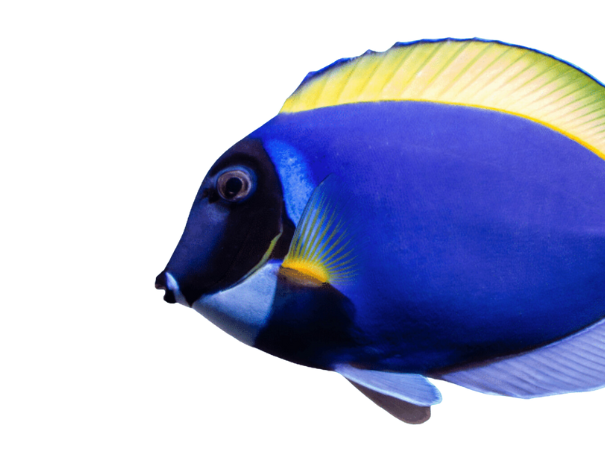2025 Regulatory Update Part 2: What We Are Watching In The CBD & Hemp Pet Product Sector
December 18, 2025
Overview As in the past, we are monitoring proposed state and federal legislation, as well as any FDA and AAFCO discussions and/or...

The latest legislative updates, trade news, and regulatory resources regarding pet supplies, pet care, and the pet product industry.
Provide your email address below to receive a weekly email digest with trade & regulatory updates from APPA.
December 18, 2025
Overview As in the past, we are monitoring proposed state and federal legislation, as well as any FDA and AAFCO discussions and/or...
December 18, 2025
Overview Regarding the regulation of pet food, we have been monitoring the following:
December 10, 2025
Tariffs, Trade, and Turmoil: Navigating the New Economic Reality in Late 2025 *Updates from Rafe Morrissey, Morrissey Strategic Partners,...
December 09, 2025
Welcome to Trade Talks With APPA, your go-to resource for understanding how global trade developments—and especially new and evolving...
December 02, 2025
At APPA’s November Trade Talks Open Office Hours, one thing became crystal clear: tariffs and trade policy are not going back to “normal”...
November 19, 2025
New Agreements with Latin American Partners *Updates from Rafe Morrissey, Morrissey Strategic Partners, LLC & Craig Brightup, The Brightup...
November 12, 2025
Tariffs Take Center Stage in Washington as Supreme Court Weighs IEEPA Authority *Updates from Rafe Morrissey, Morrissey Strategic...
November 06, 2025
Welcome to Trade Talks With APPA, your go-to resource for understanding how global trade developments—and especially new and evolving...
October 29, 2025
USTR Initiates Section 301 Investigation of China’s Implementation of the Phase One Agreement | United States Trade Representative The...
October 17, 2025
Trump Threatens to Impose Additional 100% Tariff on China Natalie Sherman , BBC
September 24, 2025
Below is an updated estimated timeline for the Supreme Court review: September 19, 2025: The Trump administration filed its opening brief...
September 10, 2025
U.S.-Japan Trade Agreement On September 4, 2025, the U.S.-Japan Trade Agreement was finalized and focuses on improving trade between the...
September 04, 2025
On Friday evening (8/29/25), the Court of Appeals ruled that tariffs are not allowed under IEEPA. It’s important to note that this...
August 13, 2025
The United States has postponed tariffs on Chinese goods for another 90 days, until November 10, 2025. Reciprocal tariffs will remain at...
July 31, 2025
The White House released an executive order confirming that updated reciprocal tariffs will take effect on 8/1/25. Below is the updated...